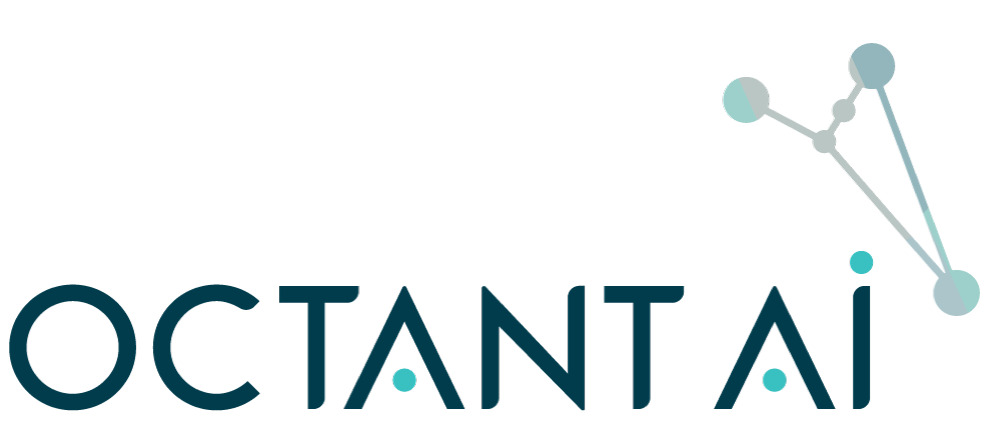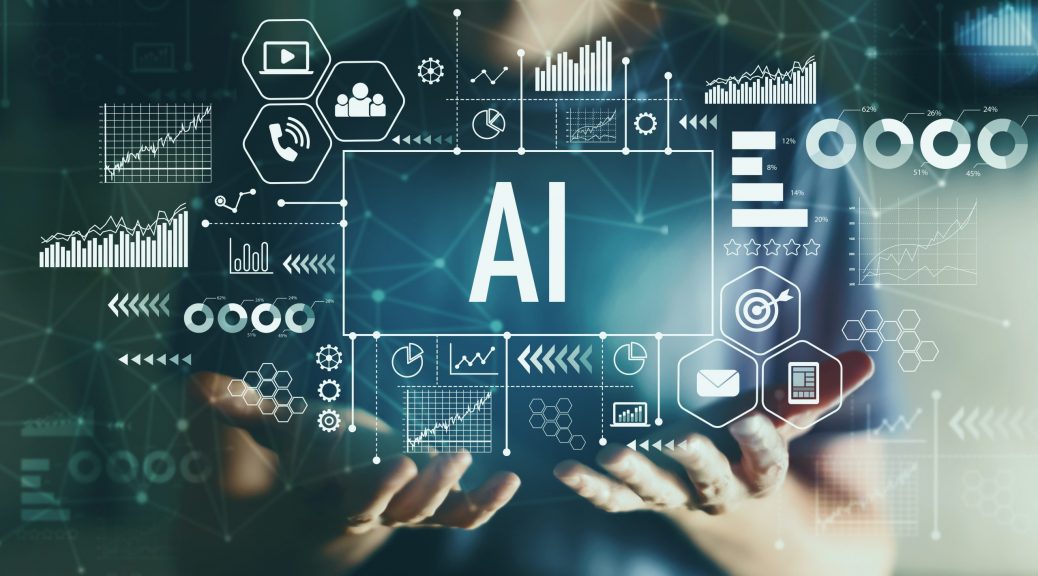Anecdotally, government and private sector projects overrun by up to $2 trillion globally, each year.
In addition to this being a significant misuse of time and resources; for government projects, these overruns present a huge impact on broader social needs. To put it in context – the current $2 trillion wastage could build 70,000 new schools or 1,000 new hospitals.
Machine learning and artificial intelligence (AI) can offer a practical, affordable and straightforward solution. Importantly this technology is available now and already positively impacting broad social needs. Examples are the early detection and diagnosis of cancer, predicting natural disasters[1], and preventing acts of violence[2] to name a few.
Using technology to reason, learn, plan, predict and create has a huge impact on the spend, delivery and process involved in projects around the world. Put simply, utilising technology such as AI saves time, money. It enables a host of efficiencies that can all be applied to new opportunities, including supporting social needs throughout the world.
Founder and Managing Director of Endeavour Programme Mr Porter said that we are familiar with several every day uses of AI, such as Siri on our iPhones and automated vehicles. But there is a host of new AI technologies that could provide unimaginable opportunities for our communities.
“Predictive AI technology is working to create better outcomes and provide solutions for a whole range of industries and issues,” Mr Porter said.
“For example, Spotify and Netflix use AI to line up your next track or movie based on what you’ve previously been watching, or as we call it, historical data.
“Similar technology is at play at an even bigger scale – on multi-billion-dollar projects and programs, predicting what the outcome might be based on historical data from thousands of previous examples.
“With the amount of money, time and productivity savings that this technology brings, there is no end to the global benefits it can have on society, if it is fully embraced.
A study by McKinsey Global Institute suggests that existing capabilities in AI could contribute to tackling the United Nations’ 17 Sustainable Development Goals (SDGs). It could potentially help hundreds of millions of people in both advanced and emerging countries.[3]
“AI has a broad potential across a range of fields and we’re seeing it in action to offer practical and cost-effective solutions for things like affordable and clean energy, climate change, inequalities, world hunger and poverty, responsible consumption and production, infrastructure, and sustainable cities and communities.”
Mr Porter said Endeavour Programme’s technology, Octant AI, is already saving millions of dollars in time and costs overruns.
“Although our approach is project focused, the big issue and potential impact remains the same. With AI, we can now overcome human limitations and mitigate the effects of random events. We can manage complex problems with complex solution-finding algorithms.”
“The experience of past projects combined with new technologies helps us break the cycle of project failure in a way not even imaginable a few years ago. We’re excited to see where this technology can be and will be applied in the future.”
“To give our clients the opportunity to invest the money they’ve saved back into community-shaping projects is absolutely a driving force behind what we do. Imagine what we could do with the time and money saved, particularly on government projects.
[1] McKinsey Global Institute, Applying artificial intelligence for social good.
[2] Rasmussen University, The Benefits of AI: 6 Societal Advantages of Automation.
[3] McKinsey Global Institute, Applying artificial intelligence for social good.



